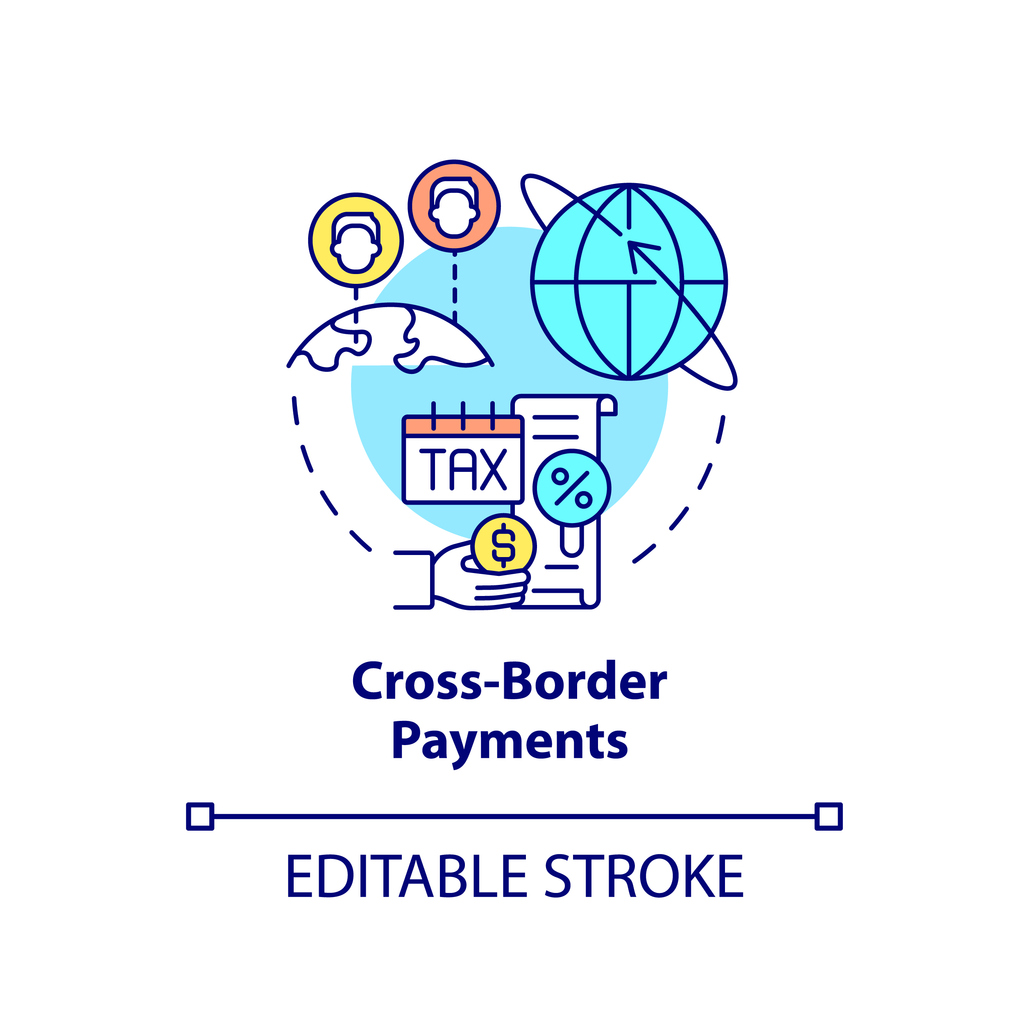How To Buy & Export Gold From Kenya: The Golden Rules You Need To Know
How to Buy & Export Gold from Kenya: The Golden Rules You Need to Know
Kenya is known for its vast natural resources, including significant gold deposits. If you are considering buying and exporting gold from Kenya, it is crucial to understand the legal requirements, processes, and best practices to ensure a smooth and compliant transaction. Here are the golden rules you need to know.
1. Understand the Legal Framework
Overview: Before you begin the process of buying and exporting gold, it’s essential to familiarize yourself with Kenya’s mining laws and regulations.
Key Regulatory Bodies:
- Ministry of Mining: Governs the mining industry in Kenya.
- Kenya Revenue Authority (KRA): Manages taxation and customs.
- Kenya Bureau of Standards (KEBS): Ensures quality standards.
Key Legislation:
- Mining Act, 2016: Provides the legal framework for mining activities.
- Export Processing Zones Act: Governs export processing activities.
Sources:
2. Obtain Necessary Licenses and Permits
Overview: To legally buy and export gold from Kenya, you must obtain the appropriate licenses and permits.
Licenses Required:
- Dealer’s License: Authorizes you to buy and sell gold within Kenya.
- Export Permit: Required for exporting gold out of Kenya.
Steps:
- Apply for a Dealer’s License: Submit an application to the Ministry of Mining.
- Obtain an Export Permit: Apply through the Ministry of Mining or the Export Processing Zones Authority if you operate within an EPZ.
Sources:
3. Conduct Due Diligence
Overview: Ensure the authenticity and legality of the gold you intend to purchase.
Steps:
- Verify Seller’s Credentials: Check the licenses and background of the seller.
- Quality Inspection: Have the gold tested by a certified assay laboratory to confirm its purity and weight.
- Legal Documentation: Ensure all transactions are documented and compliant with Kenyan laws.
Sources:
4. Financial Transactions and Tax Compliance
Overview: Properly manage financial transactions and comply with tax regulations to avoid legal issues.
Steps:
- Open a Local Bank Account: For smoother transactions, consider opening an account with a Kenyan bank.
- Declare Transactions: Ensure all transactions are declared to the KRA.
- Tax Obligations: Pay any applicable taxes, including VAT and export duties.
Sources:
5. Export Logistics
Overview: Plan the logistics for exporting gold to ensure secure and compliant transportation.
Steps:
- Choose a Reputable Logistics Company: Select a company experienced in handling precious metals.
- Secure Transportation: Ensure the gold is securely packed and insured during transportation.
- Customs Clearance: Comply with customs regulations and provide all necessary documentation for clearance.
Sources:
Tips for Successful Gold Trading
- Stay Informed: Keep up to date with changes in mining regulations and market conditions.
- Network: Build relationships with local stakeholders, including miners, traders, and government officials.
- Ethical Practices: Ensure your gold is sourced ethically and legally to avoid complications.
Conclusion
Buying and exporting gold from Kenya can be a profitable venture if done correctly. By understanding the legal requirements, obtaining necessary licenses, conducting thorough due diligence, managing financial transactions properly, and planning secure logistics, you can ensure a successful and compliant transaction. For more detailed information and to explore purchasing options for agricultural raw materials, visit Wigmore Wholesale – Agriculture Raw Materials.








LEAVE A COMMENT
You must be logged in to post a comment.